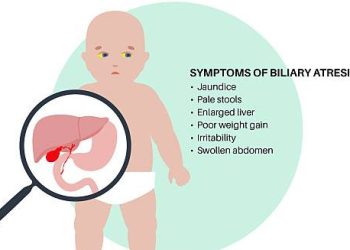Diagnosis and Recognition of BPD
Diagnosis and recognition of BPD can be challenging because its symptoms overlap with other mental health conditions. Additionally, individuals with BPD may struggle to describe their emotional world clearly, making it difficult for healthcare providers to distinguish BPD from bipolar disorder, PTSD, or depression.
A trained mental health professional — typically a psychiatrist, psychologist, or clinical social worker — conducts a comprehensive clinical interview and psychological assessments to make a diagnosis.
Diagnostic criteria (DSM-5):
To be diagnosed with BPD, a person must exhibit at least five of the following traits:
- Frantic efforts to avoid real or imagined abandonment
- Unstable and intense relationships, marked by idealisation and devaluation
- Distorted or unstable self-image
- Impulsivity in at least two areas (e.g. sex, spending, substance use)
- Recurrent suicidal behaviour or self-harm
- Emotional instability, with mood swings lasting a few hours to a few days
- Chronic feelings of emptiness
- Inappropriate, intense anger or difficulty controlling anger
- Stress-related paranoia or dissociation
Screening tools that may be used:
- Borderline Symptom List (BSL)
- McLean Screening Instrument for BPD
- Structured Clinical Interview for DSM Personality Disorders (SCID-II)
Differentiating BPD from other conditions:
- Bipolar disorder: Mood episodes last longer (days or weeks), while BPD mood shifts are quicker and often triggered by interpersonal events.
- Complex PTSD: Both involve trauma, but BPD features more interpersonal instability and identity disturbance.
- ADHD or depression: Can present with impulsivity or mood changes, but without the intense fear of abandonment or self-harm patterns.
South African challenges in diagnosis:
- Limited availability of specialists in rural areas
- Cultural reluctance to discuss emotional pain
- High comorbidity with trauma-related disorders and substance abuse
Diagnosis and Recognition of BPD
Stigma and misunderstanding around BPD often cause people to be dismissed as “difficult” rather than recognised as someone in need of structured, trauma-informed care.
👉 [Next: Treatment Options for BPD]


